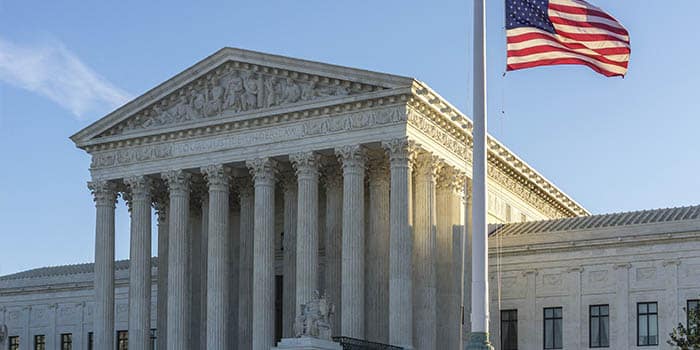
URGENT UPDATE: Legal uncertainty surrounds prediction markets as U.S. states and courts intensify scrutiny over contracts linked to sports events. Kalshi, a leading prediction market operator, finds itself under fire as state-level legal battles escalate, leaving the future of the industry in jeopardy.
In a pivotal discussion with Jefferies analysts, sports betting lawyer Daniel Wallach highlighted the crux of the issue: the interpretation of the Commodity Exchange Act (CEA). This federal law, overseen by the Commodity Futures Trading Commission (CFTC), defines “swaps” in a way that could potentially encompass sports event outcomes. If courts or Congress ultimately categorize these outcomes as swaps, it could level the playing field, allowing traditional sportsbooks like DraftKings and Flutter Entertainment to join the fray alongside Kalshi.
However, the legal landscape remains murky. Critics argue that Kalshi is exploiting a loophole to offer contracts that resemble sports betting without adhering to state gambling regulations. This has sparked frustration among established sportsbooks that are eager for clarity. As it stands, the lack of defined regulations hampers strategic planning for companies in this sector.
The situation is further complicated as Kalshi faces mounting challenges at the state level. In Massachusetts, Attorney General Joy Campbell has initiated legal action against the company, with a Superior Court hearing scheduled for later this month to discuss an injunction. Meanwhile, in California, tribal gaming operators are closely monitoring the situation, ready to take legal action that could further complicate Kalshi’s operations.
Wallach warns that a swift resolution seems unlikely, as Congress appears disinterested in resolving these legal ambiguities, and court cases can take years to navigate. Currently, prediction market companies benefit from the unclear regulatory environment, while their competitors remain sidelined. However, as state-level pressures mount, Kalshi’s operational viability is under increasing threat.
Industry experts indicate that federal intervention could standardize regulations nationally, but immediate state-level actions could impose more pressing challenges for Kalshi. With the legal landscape shifting rapidly, the future of prediction markets hangs in the balance.
As the situation develops, the implications for both consumers and businesses could be significant. Stakeholders are urged to stay tuned for updates on this rapidly evolving story as both state and federal courts weigh in on the fate of prediction markets and their place in the sports betting arena.





